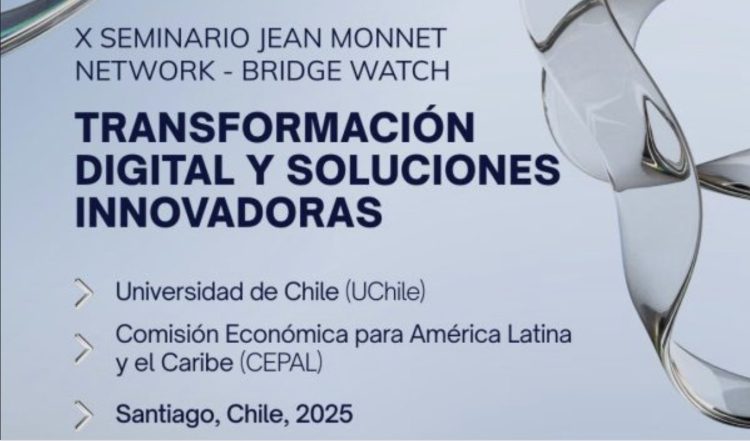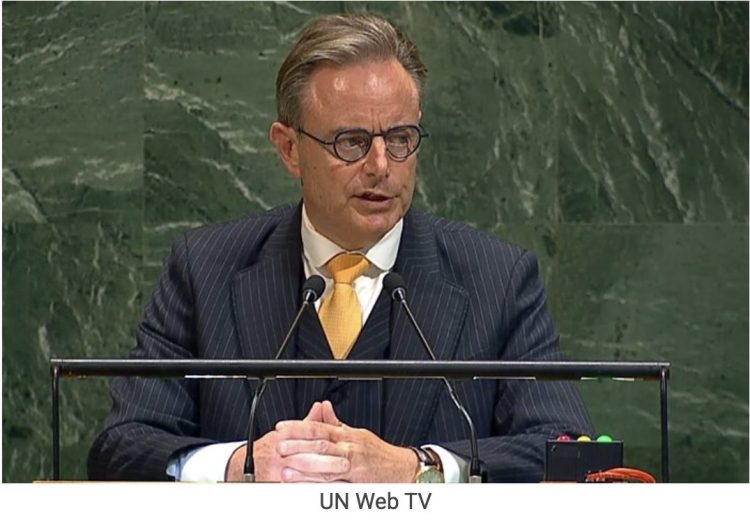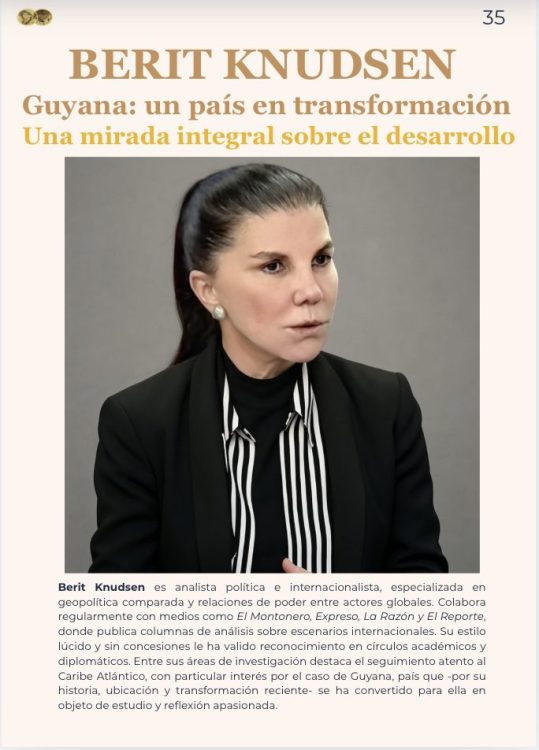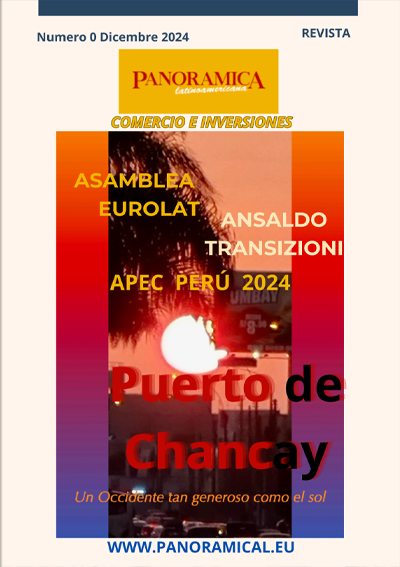

The OECD Guidelines for Multinational Enterprises are recommendations addressed by governments to multinational enterprises operating in or from adhering countries. They provide non-binding principles and standards for responsible business conduct in a global context consistent with applicable laws and internationally recognised standards. The Guidelines are the only multilaterally agreed and comprehensive code of responsible business conduct that governments have committed to promoting
8:30 Registration
9:00 Welcome remarks
DRAFT AGENDA
19 December 2016 OECD Conference Centre, Paris
- Nicola Bonucci, Director of Legal Affairs, Organisation for Economic Cooperation and Development (OECD)
- Catherine Kessedijan, President, French Branch of the International Law Association (ILA) and Member of the Council, Société française pour le droit international (SFDI ) (Chair)
- AlainPellet,President,(SFDI)
09:15 Introduction – Historical perspectives
1976: the economic, diplomatic and legal context Evolution of the instrument
- Jeremy Carver, Senior Advisor, Transparency International UK
- Rainer Geiger, Attorney-at-law, Sybarius Avocats and former Deputy Director, Directorate for Financial and Enterprise Affairs, OECD
09:30 Role of the OECD Guidelines in the wider Responsible Business Conduct landscape
The unique nature of the OECD Guidelines and their relationship with other RBC instruments (e.g. the UN Guiding Principles on Business and Human Rights)
An inter-governmental standard for enabling sustainable global supply chains
The role of the Guidelines in supporting global policy objectives (e.g. the post-2015 development and climate-change agenda)
- Roel Nieuwenkamp, Chair of the Working Group on Responsible Business Conduct, OECD (Chair)
- Hervé Ascensio, Professor of Public Law, Université Paris 1, Panthéon-Sorbonne
- Margaret Wachenfeld, Managing Director, Themis Research
- Kirstine Drew, Senior Policy Advisor, Trade Union Advisory Committee to the OECD (TUAC)
11:00 Coffee break
11:30 Content of the OECD Guidelines
Is the legal nature of the OECD Guidelines an impediment to their effectiveness?
How can carrying out due diligence contribute to corporate legal compliance and risk management?
What are the impacts of embedding the Guidelines in other instruments and agreements (e.g. export credit agencies’ policies, trade and investment agreements, public procurement)?
- Nicola Bonucci, Director of Legal Affairs, OECD (Chair)
- Karin Buhmann, Professor, Copenhagen Business School and member of theDanish National Contact Point for the OECD Guidelines (NCP)
- Julie Vallat, Legal Counsel CSR, Total SA
- Stephan Schill, Professor of International and Economic Law and Governance, University of Amsterdam
13:00 Lunch break
14:30 National Contact Points (NCPs)
How do NCP structures and processes impact their legitimacy?
Challenges in co-operation between NCPs
Can the NCP system provide adequate remedy?
Rolf Weber, Director of the European Law Institute and Director of the Center for Information Technology, Society and Law at the University of Zurich (Chair)
- Maylis Souque, Secretary General, French OECD NCP
- Ola Mestad, Chair, Norwegian NCP
- Sandervan‘tFoort,ResearchFellowandPhDCandidate,NyenrodeBusiness University
16:00 Coffee break
16:20 Roundtable – The next 40 years
Increasing the relevance and global reach of the Guidelines: adherence by non-OECD Members, development of sectoral guidance, and improving the efficiency of the NCPs.
- Catherine Kessedjian, President, French Branch of the ILA and Member of the Council, SFDI (Chair)
- Kari Tapiola, Special Adviser to the Director-General, International Labour Organization and formerly Secretary General, TUAC
- Hanni Rosenbaum, Senior Director, Policy and Strategic Planning, BIAC
- Raymond Saner, Titular Professor in Organization and InternationalManagement, University of Basel
- GenevièveBastid-Burdeau,ProfessorofPublicLaw,UniversitéParis1, Panthéon-Sorbonne
17:50 Concluding remarks
Nicola Bonucci, Director of Legal Affairs, OECD
18:00 Conference ends










